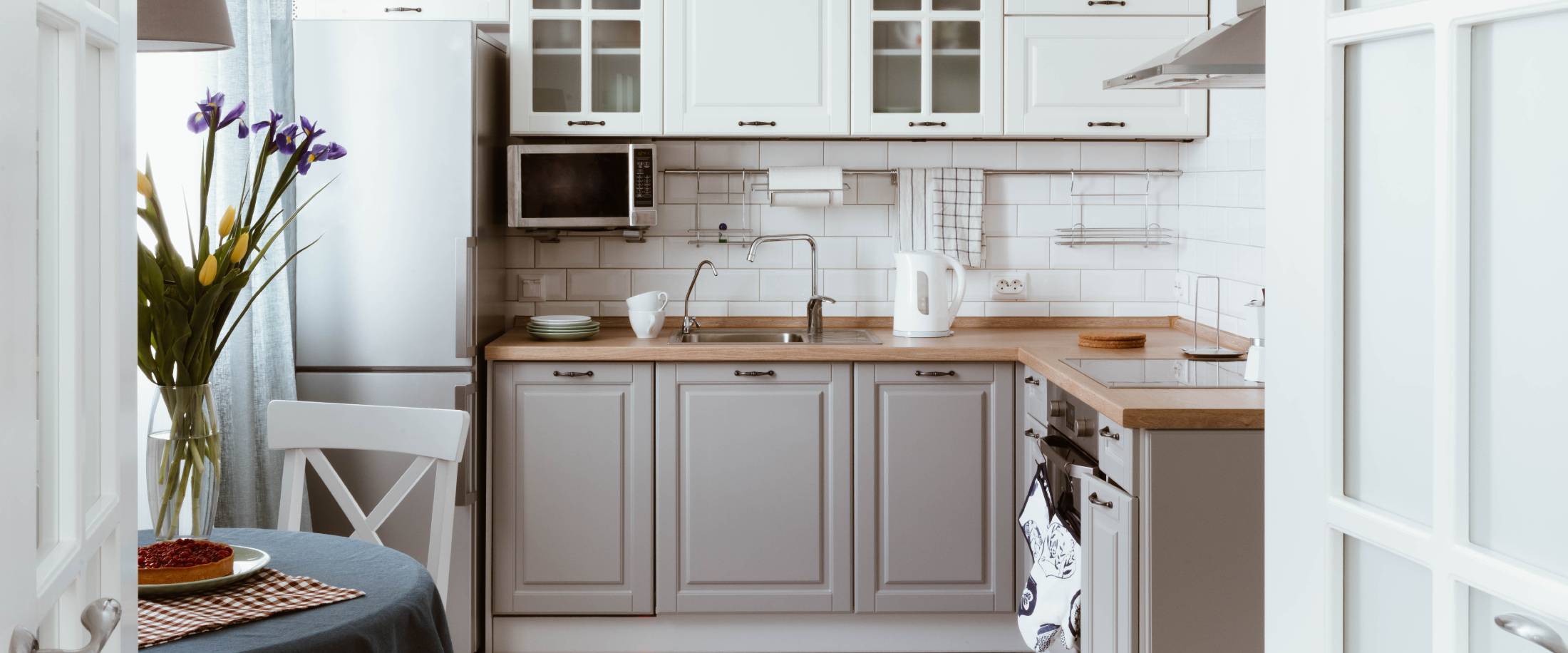How Senior Living Combats Isolation and Depression

We all know what it’s like to feel lonely sometimes, but older adults are particularly vulnerable to loneliness and social isolation. In fact, an estimated 25% of older adults are considered to be socially isolated. Unfortunately, isolation and loneliness are associated with higher rates of depression, in addition to increasing the risk of heart disease, stroke, and premature death. The good news is senior living communities can provide an effective antidote to senior isolation and loneliness.
The Cause of Senior Isolation and Loneliness
According to Pew Research Center, almost a third of older adults live alone. For some, that absence of daily contact at home can lead to isolation and loneliness; this may be exacerbated by retirement, which often severs the connection to the easy camaraderie of a work community. Issues with mobility, health, and transportation can present yet another obstacle that makes it difficult for seniors to participate in community life or connect with friends and family.
Retirement communities provide built-in solutions to senior isolation and loneliness by creating opportunities for older adults to:
Connect with Others
In a retirement community, residents who live alone never have to feel isolated or lonely. Friends and neighbors are just steps away from the front door. And unlike city communities where neighbors may be busy with full-time jobs or growing families, most senior living community residents are retired and have ample time to connect with others. Communitywide social events, on-campus classes, and off-campus group excursions are just a few of many ways to get to know people who share similar interests.
Boost Physical Activity
Studies show that regular exercise can help alleviate the symptoms of depression. In a senior living community, an on-campus fitness center and pool, fitness classes, and walking paths make it easy to stay active. Plus, the shuffleboard court or yoga class offer the perfect opportunity for residents to bond.
Choose a Healthy Diet
Food choices have an impact on both mental and physical health. One study found a link between a decreased risk of depression and a diet high in fruits, vegetables, whole grains, fish, olive oil, low-fat dairy, and antioxidants. In a senior living community, residents enjoy the benefits of a healthy diet without any of the work. Chef-prepared menus feature fresh, seasonal ingredients; special dietary needs are easily accommodated; and multiple dining venues offer ample opportunity to enjoy delicious meals in the company of friends and family.
Relax Outdoors
A retirement community is more than a collection of buildings. Often, they’re set on picturesque campuses with walking paths, inviting green spaces, and proximity to natural attractions like beaches and nature parks. Residents can step out their front door and enjoy the soothing effects of the natural world, which can play a supportive role in mental health and well-being.
Engage in Meaningful Purpose
Having a sense of purpose in life is associated with lower incidence of depression. In a retirement community, there are myriad opportunities to engage in pursuits that bring meaning and joy to daily life. Residents attend classes on campus or at a local university, revive their passion for woodworking or art, develop a green thumb in the community gardens, hone competitive skills in the game room, or explore cultural attractions in the local community.
Enjoy a Hassle-Free Lifestyle
While stress may not cause depression, it can increase the risk of depression. With home maintenance and groundskeeping taken care of, senior living residents find the stresses of homeownership are lifted from their shoulders. What’s more, in a Life Plan Community, an on-site continuum of care offers a solution to many of the what-ifs that can cause worry and stress. Additional levels of living, which may include assisted living, rehabilitation and skilled nursing, provide the reassurance that if a health setback makes it difficult to live independently, residents can transition to a different level of care in the community they know and love.
Engage and Connect at Regency Oaks
With a welcoming culture, a gorgeous 40-acre campus, and a wealth of opportunities to be active and involved in community life, Regency Oaks offers the ideal atmosphere where older adults can engage in a meaningful lifestyle in a warm community of friends. Contact us to learn more about our Life Plan Community, or to schedule a visit and experience our thriving culture for yourself.




